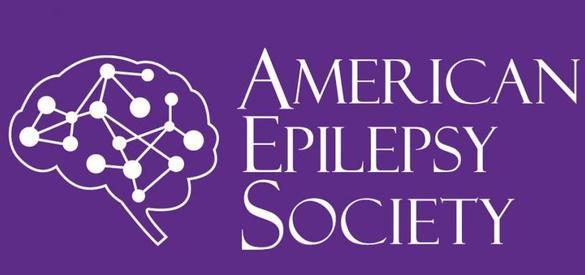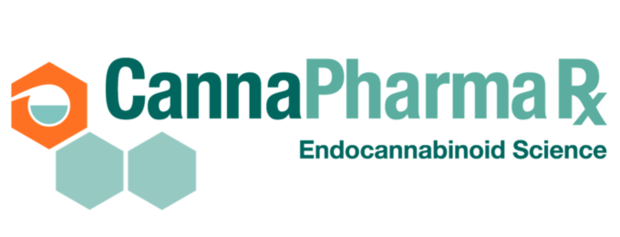CARNEY’S POINT, NJ–(Marketwired – December 05, 2014) – CannaPharmaRx, Inc., (OTCQB: GDHC), the New Jersey-based pharmaceutical research and discovery company, today announced the hiring of Thomas J. Della-Franco III as Financial Controller. Mr. Della-Franco will work on a consulting basis out of the company’s new headquarters in Carney’s Point, New Jersey.
“Tom’s diverse work experience is an excellent fit for our rapidly evolving company. He is a highly accomplished financial executive with expertise in manufacturing, importing and distribution, and with demonstrated success in financing, refinancing, restructurings and mergers & acquisitions,” said Gerry Crocker, CEO, CannaPharmaRx.
In his most recent position as Chief Financial Officer for ZPC Holdings, Mr. Della-Franco led the company’s Sarbanes Oxley (SOX) compliance, strategic acquisitions, LBOs, private equity rounds and was the key contact for due diligence rounds prior to the company’s sale to a Fortune 500 company. Prior to ZPC Holdings, Mr. Della-Franco worked as Senior Auditor for the auditing firm of Peat, Marwick Mitchell & Company (now KPMG) in Philadelphia.
“For me, the most rewarding position is one where I can have a balance of strategic and hands-on financial management. At CannaPharmaRx, I am looking forward to helping to identify and capture opportunities to help the company accelerate, expand and grow,” said Mr. Della-Franco.
This week, CannaPharmaRx officially announced the opening of its New Jersey headquarters where its administrative offices, including finance, are now based. Financial information can be found in the company’s form 10-Q filing for the fiscal third quarter ending September 30 which was filed with the Securities and Exchange Commission on November 19.
About CannaPharmaRx: Headquartered in Carney’s Point, New Jersey, CannaPharmaRx is a pharmaceutical company whose mission is to advance cannabinoid discovery, science, research & development, and to bring novel prescription, veterinary and personal care cannabinoid-based products to market in the U.S. and worldwide. For more information, visit www.cannapharmarx.com.
Forward Looking Statements: Certain statements in this press release are forward-looking within the meaning of the Private Securities Litigation Reform Act of 1995. These statements may be identified by the use of forward-looking words such as “anticipate,” “believe,” “forecast,” “estimated” and “intend,” among others. These forward-looking statements are based on CannaPharmaRx’s current expectations and actual results could differ materially. There are a number of factors that could cause actual events to differ materially from those indicated by such forward-looking statements. These factors include, but are not limited to, substantial competition; our ability to continue as a going concern; our need for additional financing; uncertainties of patent protection and litigation; clinical trials involve a lengthy and expensive process with an uncertain outcome, and results of earlier studies and trials may not be predictive of future trial results; uncertainties of government or fourth party payer reimbursement; limited sales and marketing efforts and dependence upon fourth parties; and risks related to failure to obtain FDA clearances or approvals and noncompliance with FDA regulations. As with any pharmaceutical products under development, there are significant risks in the development, regulatory approval and commercialization of new products. There are no guarantees that future clinical trials discussed in this press release will be completed or successful or that any product will receive regulatory approval for any indication or prove to be commercially successful.
CannaPharmaRx does not undertake an obligation to update or revise any forward-looking statement. Investors should read the risk factors set forth in CannaPharmaRx’s private placement agreement and Form 10-Q as of September 30, 2014 (Unaudited) and other periodic reports filed with the Securities and Exchange Commission.










